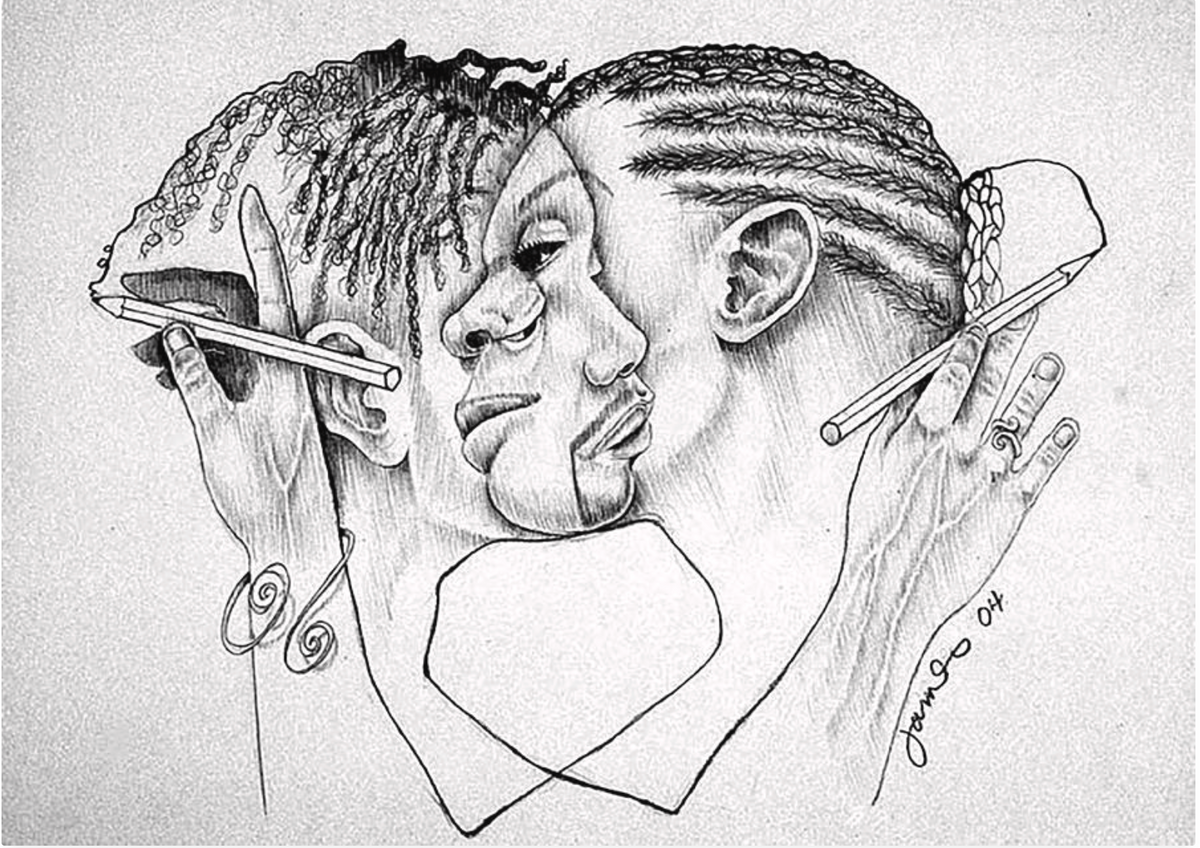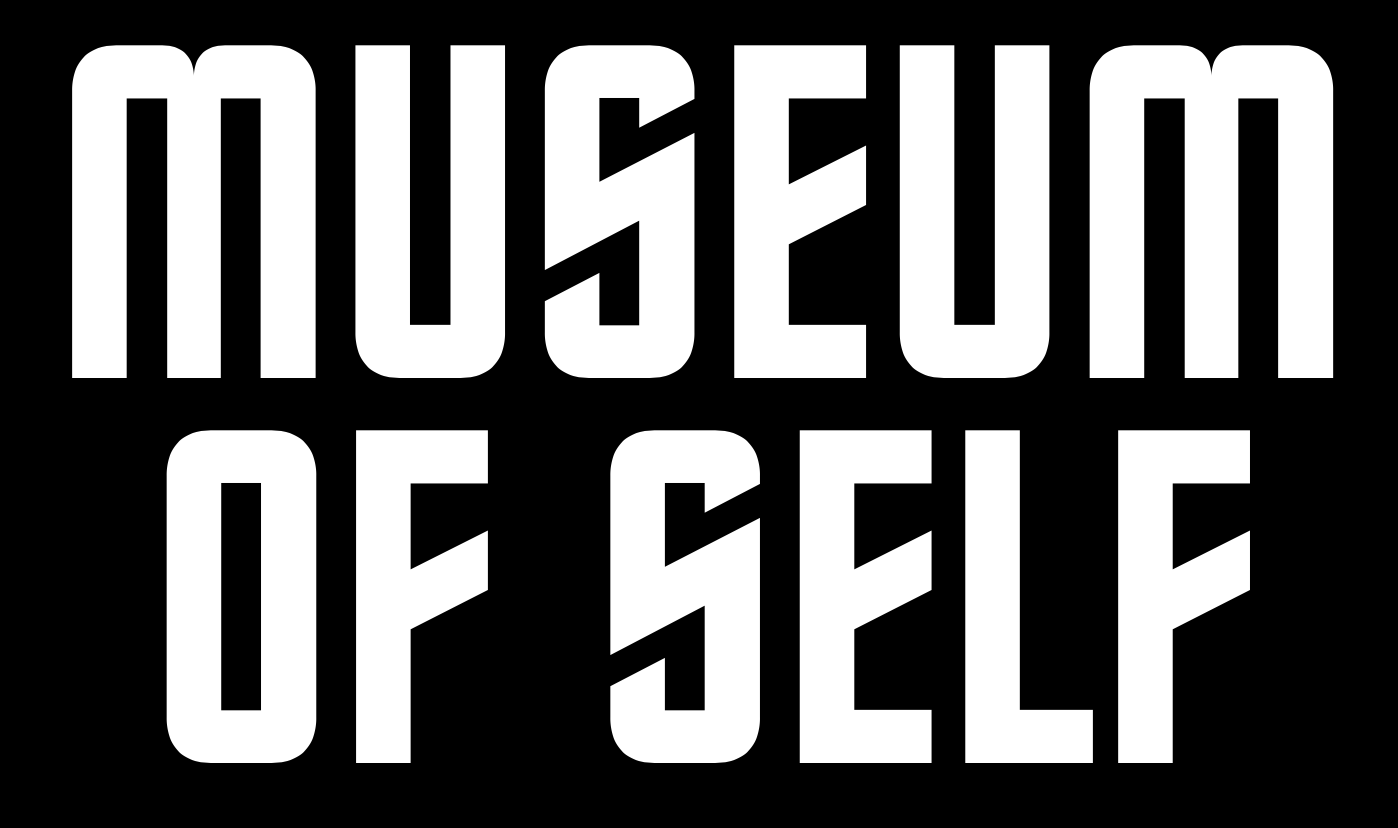The Interdependent Self

Hi Beautiful Humans,
For the next few weeks I'm starting a series exploring interdependence.
The more I investigate my self, the more I find a web of relationships and a shared ground of being. Moreover, given we're living in a time where our worldview is being questioned, I'm curious how interdependence might play a larger role in the world that's emerging. Hope you enjoy this series.
And below you'll find this week's artifact, some wisdom from Thich Nhat Hanh.
Much love,
David, Human @ Museum of Self
The Myth of Independence
The west has long been called a culture of independence. Being a strong and self-sufficient individual is a value in the United States. While I believe it's important to realize your unique strengths, gifts and potentials, the notion that any one of us in fact purely independent, falls apart under consideration.
Interdependence means nothing exists by itself, and any one thing depends on other things, which in turn depends on other things, creating and endless web of interconnection. This interdependent through-line between all beings may be hard to experience in the day to day, yet I believe it's critical we realize and act from our interdependence more deeply.
In this series I'll explore the ways interdependence is an inescapable part of our being. If it's hard to see, let's make it more visible, to live more deeply into the truth.
Interdependence as Perennial Philosophy
"If you wish to make an apple pie from scratch, you must first invent the universe." - Carl Sagan

While it takes different names, interdependence is a philosophy that appears across multiple cultures.
Eastern wisdom speaks of Indra's Net as the web of all relations. Buddhism talks of dependent co-arising, pointing to how any one thing needs all things to manifest. Zen master Thich Nhat Hanh coined the term "interbeing" to describe our relational nature and how we're not purely independent. The African saying "ubuntu" broadly means, "I am because we are" and lays upon the unbreakable network of relationships in which we are embedded. Many indigenous cultures have a practice of honoring "all my relations", such as the Lakota saying "Mitákuye Oyás’iŋ" which means "all are related" and points to our underlying connection. Some cultures make this idea more explicit where our interdependence is part of identity; the traditional Mayan greeting "in lak’ech" means “I am you, and you are me.”
Thich Nah Han uses the work of Lewis Thomas to articulate this point:
There is a biologist named Lewis Thomas, whose work I appreciate very much. He describes how our human bodies are “shared, rented, and occupied” by countless other tiny organisms, without whom we couldn’t “move a muscle, drum a finger, or think a thought.” Our body is a community, and the trillions of non-human cells in our body are even more numerous than the human cells. Without them, we could not be here in this moment. Without them, we wouldn’t be able to think, to feel, or to speak. There are, he says, no solitary beings. The whole planet is one giant, living, breathing cell, with all its working parts linked in symbiosis.
Our Interdependent World
As insightful as a perennial philosophy is, grounding interdependence in specific examples will shed light on how it appears in our world.
From the first covid-carrying sneeze blowing its way into a global pandemic, to the ~178 parts in an iphone coming from 43 countries, to the dozens or hundreds of plants, animals, machines and humans it takes to serve that cheeseburger with fries your ordered — we are physically interdependent.
To our body's building blocks, DNA, the perfectly unique molecule – we are biologically interdependent.
To anyone who's been a 'dependent' less than 18 years old – we are interdependent children.
To anyone who's needed teammates, a friend, a lover, a community, or co-regulated their nervous system – we are interdependent adults.
To the unique concoction of language, education, media, and cultural norms we find ourselves living in — we are psychologically interdependent.
To those living in democracies, the voting process where each person contributes their voice — our future is interdependent.
The time has come to end the myth of independent individuals. How might we live more deeply into our interdependence?
Artifact of The Week
This week's Artifact is more words of wisdom from Thich Nhat Hanh. The Zen master landed on the word "interbeing" which has a similar meaning to interdependence. This first appeared on The Garrison Intitute's blog.
About thirty years ago I was looking for an English word to describe our deep interconnection with everything else. I liked the word “togetherness,” but I finally came up with the word “interbeing.” The verb “to be” can be misleading, because we cannot be by ourselves, alone. “To be” is always to “inter-be.” If we combine the prefix “inter” with the verb “to be,” we have a new verb, “inter-be.” To inter-be and the action of interbeing reflects reality more accurately. We inter-are with one another and with all life.
We can observe emptiness and interbeing everywhere in our daily life. If we look at a child, it’s easy to see the child’s mother and father, grandmother and grandfather, in her. The way she looks, the way she acts, the things she says. Even her skills and talents are the same as her parents’. If at times we cannot understand why the child is acting a certain way, it is helpful to remember that she is not a separate self-entity. She is a continuation. Her parents and ancestors are inside her. When she walks and talks, they walk and talk as well. Looking into the child, we can be in touch with her parents and ancestors, but equally, looking into the parent, we can see the child. We do not exist independently. We inter-are.
Everything relies on everything else in the cosmos in order to manifest—whether a star, a cloud, a flower, a tree, or you and me.
I remember one time when I was in London, doing walking meditation along the street, and I saw a book displayed in a bookshop window with the title My Mother, Myself. I didn’t buy the book because I felt I already knew what was inside. It’s true that each one of us is a continuation of our mother; we are our mother. And so whenever we are angry at our mother or father, we are also being angry at ourselves. Whatever we do, our parents are doing it with us. This may be hard to accept, but it’s the truth. We can’t say we don’t want to have anything to do with our parents. They are in us, and we are in them. We are the continuation of all our ancestors. Thanks to impermanence, we have a chance to transform our inheritance in a beautiful direction.
Every time I offer incense or prostrate before the altar in my hermitage, I do not do this as an individual self but as a whole lineage. Whenever I walk, sit, eat, or practice calligraphy, I do so with the awareness that all my ancestors are within me in that moment. I am their continuation. Whatever I am doing, the energy of mindfulness enables me to do it as “us,” through interbeing, not as “me.” When I hold a calligraphy brush, I know I cannot remove my father from my hand. I know I cannot remove my mother or my ancestors from me. They are present in all my cells, in my gestures, in my capacity to draw a beautiful circle. Nor can I remove my spiritual teachers from my hand. They are there in the peace, concentration, and mindfulness I enjoy as I make the circle. We are all drawing the circle together. There is no separate self doing it. While practicing calligraphy, I touch the profound insight of no self. It becomes a deep practice of meditation.
Whether we’re at work or at home, we can practice to see all our ancestors and teachers present in our actions. We can see their presence when we express a talent or skill they have transmitted to us. We can see their hands in ours as we prepare a meal or wash the dishes. We can experience profound connection and free ourselves from the idea that we are a separate self through the conscious recognition of interbeing.
See ya'll next time for more interdependence explorations. Have a great week!
